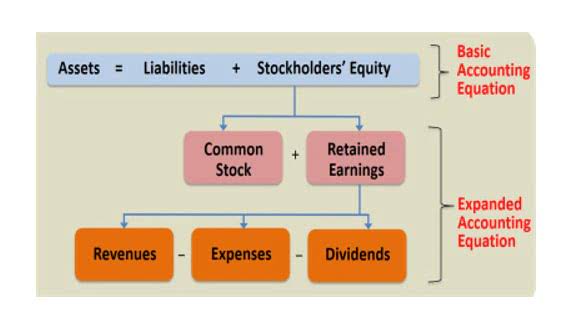Deferred revenue: Is it a liability & how to account for it?

They pay you the full amount at the beginning of the six-month period, and you deferred revenue normal balance perform the services over the six months. Deferred revenue is common for service businesses, but there are sometimes situations in which goods require deferred revenue, such as deposits for large orders. Another shortcut to remembering deferred revenue debit or credit usage in accounting is that debit refers to the left side of the accounting equation and credit refers to the right side. In our purposes, if deferred revenue is a liability, and we’re adding to that account, that’s a credit to deferred revenue.
Accounting for Deferred Revenue

The payment is recorded as a liability on the balance sheet, reflecting the company’s obligation to deliver the promised goods or services in the future. Deferred or unearned revenue represents payments received in advance for products or services yet to be delivered. Common in subscription-based models and prepaid services, it’s essential in financial accounting, ensuring that revenue is accurately reported.

Accruals and Deferrals Journal Entries

By accurately accounting for these revenues, businesses can smooth out their income over time, enhance their budgeting processes, and make more informed decisions regarding investments and expenses. Furthermore, this financial transparency helps to build trust with investors and other stakeholders, as it provides a more accurate picture of a company’s current and future financial position. In this example, the company receives a payment of $1200 in advance for a subscription, which is recorded as a debit to the cash account and a credit to the deferred revenue account. As the subscription is delivered each month, the deferred revenue account is debited and the revenue is credited to the sales account. Deferred revenue is recorded as a debit to the cash account and a credit to the deferred revenue account when payment is received in advance. accounting As the good or service is delivered, the deferred revenue account is debited and the revenue is credited to the sales account.
Leveraging Technology for Accurate Deferral Tracking

In this journal entry, the company recognizes $500 of revenue for the bookkeeping service the company has performed in October 2020. Likewise, the remaining balance of deferred revenue for the bookkeeping service here will be $2,500 (3,000 – 500). This journal entry is made to recognize the $3,000 as a liability since the company has a performance obligation to transfer the bookkeeping service to its client as it already received the money.
- This underscores the importance of proper accounting practices for what is deferred income.
- Some other examples of deferred revenue that your business might encounter include subscription-based services and memberships.
- Bookkeeping is a process of recording business transactions to accurately track financial activity.
- Deferred revenue is typically listed as a current liability if it’s expected to be fulfilled within 12 months.
- Pierce sets out a significantly different approach, albeit with similar results to the seller.
Deferred revenue is primarily presented on the Balance Sheet, categorized as a liability. If the revenue is https://jmcstudyabroad.com/how-to-invoice-as-a-freelancer-things-you-must/ expected to be earned within one year from the balance sheet date, it is classified as a current liability. This includes most annual subscriptions or short-term service contracts. However, if the earning period extends beyond one year, a portion of the deferred revenue will be classified as a non-current (or long-term) liability.
- However, it poses a risk regarding obligation, as the company must still deliver on its promises.
- When you receive money for a service or product you don’t fulfill at the point of purchase, you cannot count it as real revenue but deferred revenue.
- It also affects cash flow and liquidity analysis, helping investors understand a company’s financial health.
- However, businesses must be mindful of the long-term implications, as future cash inflows may be lower when the deferred revenue has been recognized.
- Learn how to build, read, and use financial statements for your business so you can make more informed decisions.
- As deferred revenue is recognized, it debits the deferred revenue account and credits your income statement.
